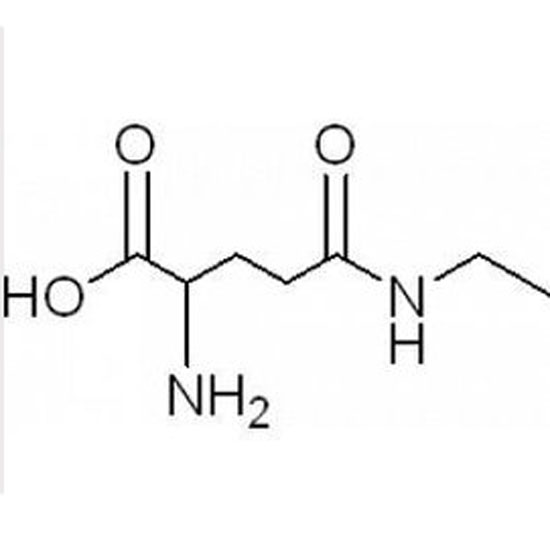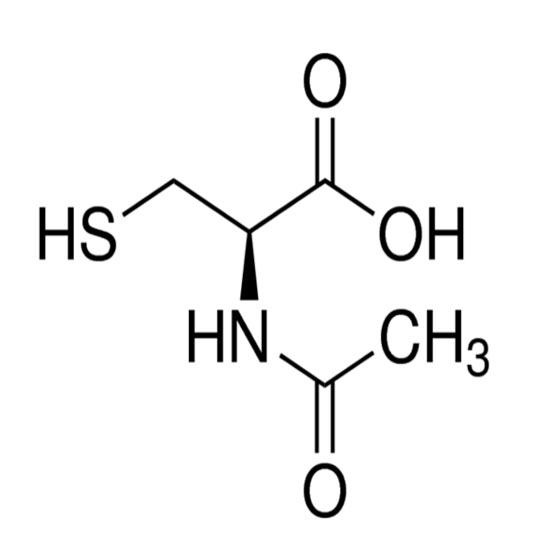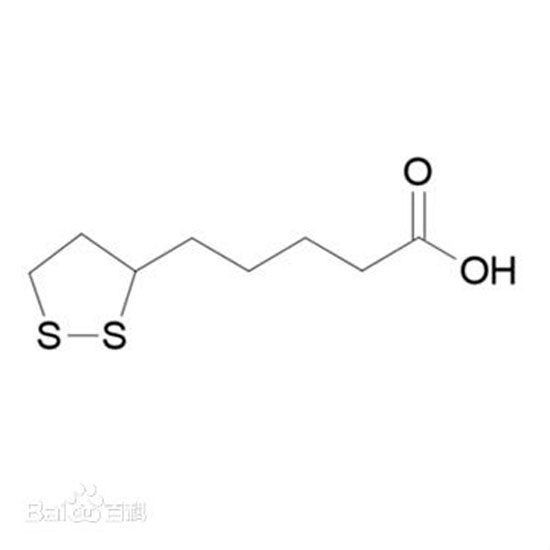


L-Theanine, also simply known as Theanine, was discovered as an element of green tea back in 1949. In 1964, Japan approved its unlimited use in all foods with the exception of infant foods. Currently, it is sold in the United States as a dietary supplement, and has been given a designation of GRAS (that is, Generally Recognized as Safe) ingredient by the Food and Drug Administration.
The research on the mechanical operations of L-Theanine has led scientists to determine that it contains a host of potential benefits related to brain functionality. Some of these potential benefits include:
The ability to reduce mental stress
The ability to reduce physical stress
Improvement of cognition and cognitive performance
Improvement of mood
These benefits tie into L-Theanine’s demonstrated psychoactive properties, as it has been shown through scientific study that it can act on the central nervous system to alter mental cognition, mood, and behavior. For example, high doses of L-Theanine – that is doses that are higher than the typical dose that is found in a 20 mg cup of black tea – have demonstrated a facility to relax the mind without promoting drowsiness as a side effect.
Another study concluded that a 50 mg dose of L-Theanine caused a greater increase in alpha activity; a type of brain-related activity that plays a vital role in attention. Other studies have also yielded enhancements relating to cognition and mood when L-Theanine was combined with caffeine.







